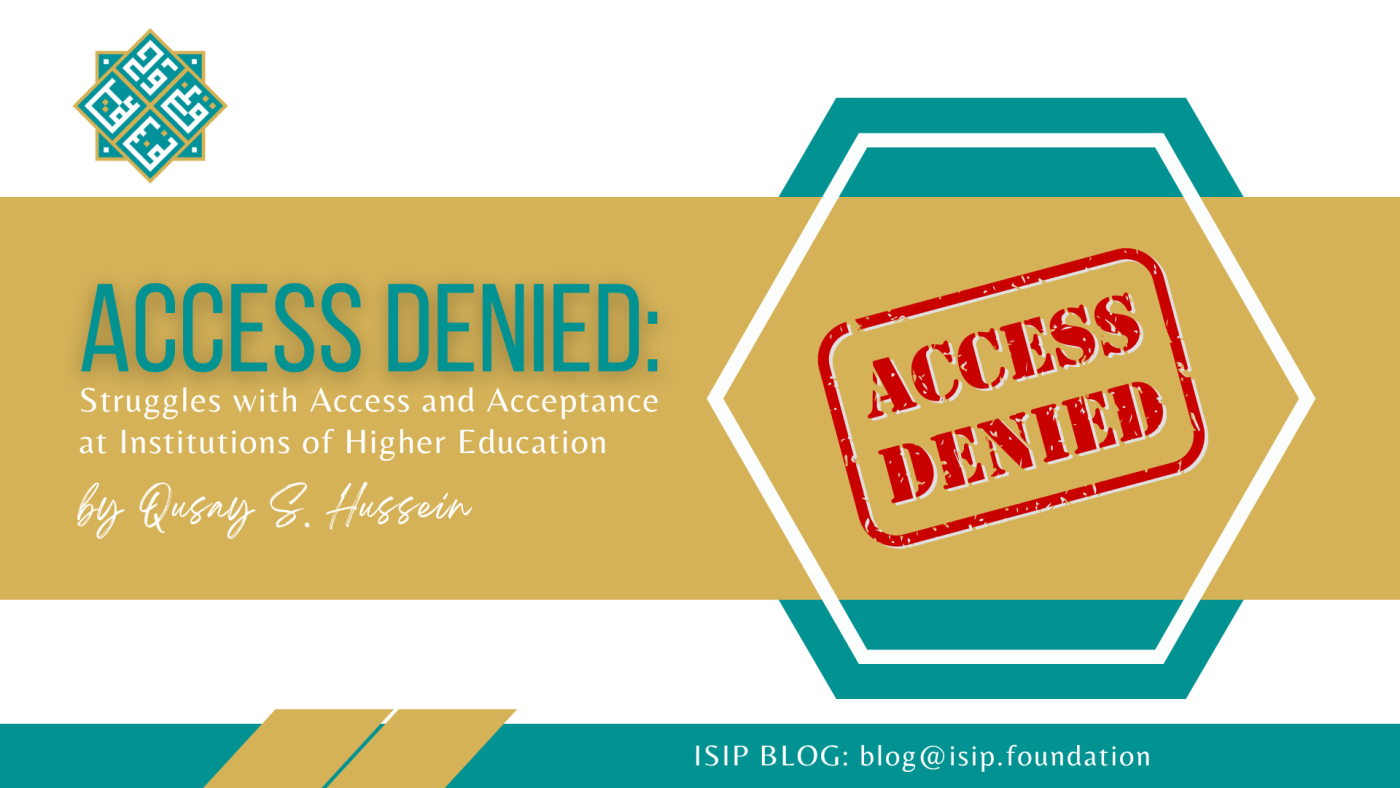
In America, people with disabilities are treated like second-class citizens. This is true whether the topic is voting, civil rights, transportation, or even going to the movies. One might think that higher education, with its emphasis on expanding minds and supporting diversity, would be an island of acceptance and inclusion in this world of ableist attitudes and stigmas, but that’s not true. Students with disabilities (SWD) at colleges and universities across America are excluded from campus culture and this negatively impacts their academic and social college experiences. The very institutions that should help SWD improve their lives are guilty of making them more difficult.
The stigmas and stereotypes that exist in society against people with disabilities exist within campus communities and imbue campus culture with ableism and discrimination. Andrew L. Zehner, a research analyst in the Office of Institutional Research, Assessment and Effectiveness at Purdue University, claims in “Campus Climate for Students with Disabilities” in the book Evaluating campus climate at US research universities: Opportunities for diversity and inclusion that campus culture including “interactions with faculty, university staff, and other students” is especially complex for SWD who must also consider “the willingness of the institution to grant needed accommodations and the effectiveness of the accommodations provided.” These components of campus culture, tainted by stereotypes and stigmas of people with disabilities, diminish SWD’s faith in their institution leading to feelings of alienation and non-acceptance. This creates a disconnect with other students, faculty, and staff, harming their educational experience and, in turn, their academic performance.
SWD are forced to consider the willingness of their institution to follow the laws – specifically The Rehabilitation Act of 1973 and The Americans with Disabilities Act of 1990. These laws were designed to correct the systems and societal structures that disadvantage SWD. When campus culture does not actively embrace SWD, those who are legally and morally entitled to accommodations might not seek them, fearing judgement from professors, staff, and fellow students. In the 2019 National Center of College Students with Disabilities (NCCSD) Research Brief “Access and Participation in Higher Education,” Sally Scott shows that disabled students have problems interacting with faculty members. Students with disabilities recognize ableism and judgement in the people that are supposed to be knowledgeable, intellectually curious, or at the very least, willing to follow the law.
Campus culture extends beyond the classroom, sports stadiums, and sorority houses. Campus organizations, groups, large-scale initiatives, and activities all contribute to the college or university climate. Are all parts of campus life accessible to all students? Wendy S. Harbour and Daniel Greenberg reveal in 2017’s Campus Climate and Students with Disabilities that twenty-five percent of SWD find that their campus climate is not comfortable compared to only 14.8% of non-disabled students. Campus groups might not have the training to make an event accessible resulting in barriers to participation. These fun and supplemental events should not be ignored since, as Harbour & Greenberg state, “finding places to relax and be comfortable increase a student’s likelihood to succeed in college and graduate.” Institutions advertise a rich cultural campus life so they should ensure that they are accessible to everyone.
To be sure, some will argue that universities are microcosms of the world. If a SWD cannot face the rigors and challenges of higher education, do they even deserve to be there? They argue against accommodations saying they give SWD unfair advantages. To them, I say, individuals with disabilities face far greater challenges every day just to survive in an ableist society. They face daily struggles and hardships, not because of their disability, but because society chooses to marginalize them further. They have earned the grades and proven their capabilities to the admissions committee. The university has no right to impose hurdles on them that do not exist for other students.
The quick and effective way that society, including universities, could change their behaviors to become more inclusive during the COVID-19 pandemic showed it is possible to change behavior. Activities moved on-line or into hybrid formats. Illness and disability were accommodated at work and school, ensuring people took care of themselves, and in turn, their communities. Individuals showed compassion and patience. The quick retreat from these community-level accommodations as soon as the pandemic began to abate, shows that true changes in attitudes and beliefs about disability, even among the institutions of knowledge, have not taken root. First-class universities must work to ensure no one feels second-class!
- Qusay S. Hussein is a Social Work PhD student from Austin, Texas.

Jazak Allahu khairan brother for this very powerful article. I sense the pain and disappointment in every word, may Allah make it easy on everyone in this dunya.
The discrimination, marginalization and unfair treatment is incredibly spreading these days, we ask Allah almighty for His mercy on all of us.
I believe Canada and Canadians are a few steps ahead of the US in these matters. Public and private spaces and institutes here are actively aware of accessibility issues. Any place you go you will find there is indeed constant adjusting to provide access and accommodation for disabilities.
I’ve personally mourned how much our Muslim countries are sadly not accessible and direly needing to create public awareness.
Thank you for the blog it is informative.
The quote regarding Students with Disabilities being excluded… it does not have a reference. Please can you include reference?